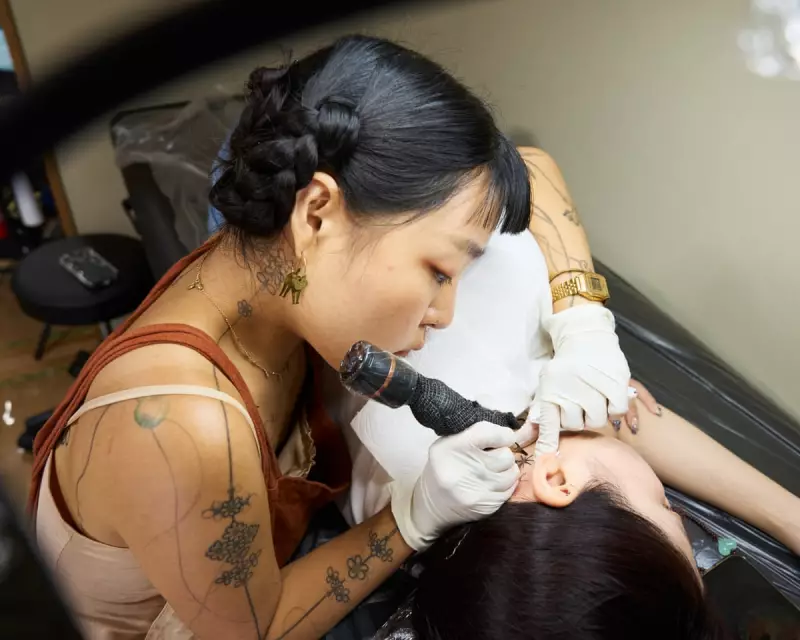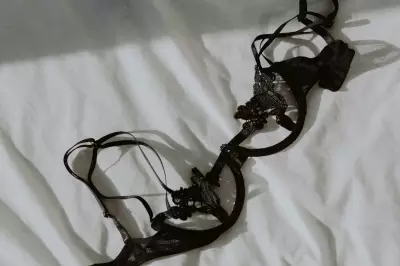
In a groundbreaking decision that has sent shockwaves through South Korea's cultural landscape, the Constitutional Court has delivered a monumental victory for artistic freedom and personal expression. The court has struck down a controversial law that for six decades restricted tattoo artistry exclusively to medical professionals.
A New Dawn for Body Art
The ruling marks the end of a legal battle that has seen tattoo artists operating in a grey area, constantly facing the threat of prosecution under South Korea's Medical Service Act. For generations, talented artists have been forced to work underground, their craft technically illegal despite growing mainstream acceptance.
The court's decisive judgement declared that limiting tattooing to medical doctors "excessively restricts individual freedom" and represents an "unreasonable occupational regulation." This landmark decision acknowledges tattooing as both an art form and a legitimate profession deserving of legal recognition.
The Case That Changed Everything
At the heart of this legal revolution stands tattoo artist Doy, whose constitutional challenge became the catalyst for change. Like thousands of other artists, Doy faced the constant anxiety of operating outside a system that criminalised his livelihood while his skills remained in high demand.
The court's ruling specifically addressed the fundamental rights at stake, emphasising that the ban violated both the right to choose one's occupation and freedom of expression. This represents a significant shift in how South Korean institutions view body modification and personal aesthetics.
Industry Celebration and Cultural Shift
Across South Korea, tattoo parlours and studios erupted in celebration as news of the ruling spread. The decision comes as the country experiences a cultural transformation regarding body art, with tattoos becoming increasingly popular among younger generations and even appearing on K-pop stars and celebrities.
Despite this growing acceptance, the legal framework had remained stubbornly outdated, forcing many artists to work discreetly and clients to seek services in hidden locations. The ruling promises to bring this vibrant subculture into the mainstream, allowing for proper regulation, hygiene standards, and professional recognition.
What This Means for the Future
The court's decision opens the door for:
- Legal recognition and regulation of tattoo artistry as a profession
- Improved safety standards and formal training programmes
- Economic opportunities for thousands of skilled artists
- Greater cultural acceptance of body art in Korean society
- Potential growth in South Korea's creative industries
This ruling represents more than just legal reform—it signals South Korea's continuing evolution as a society that balances tradition with modern expressions of identity and artistry. As one tattoo artist celebrated outside the court: "Today, we're not just artists—we're legally recognised professionals."





